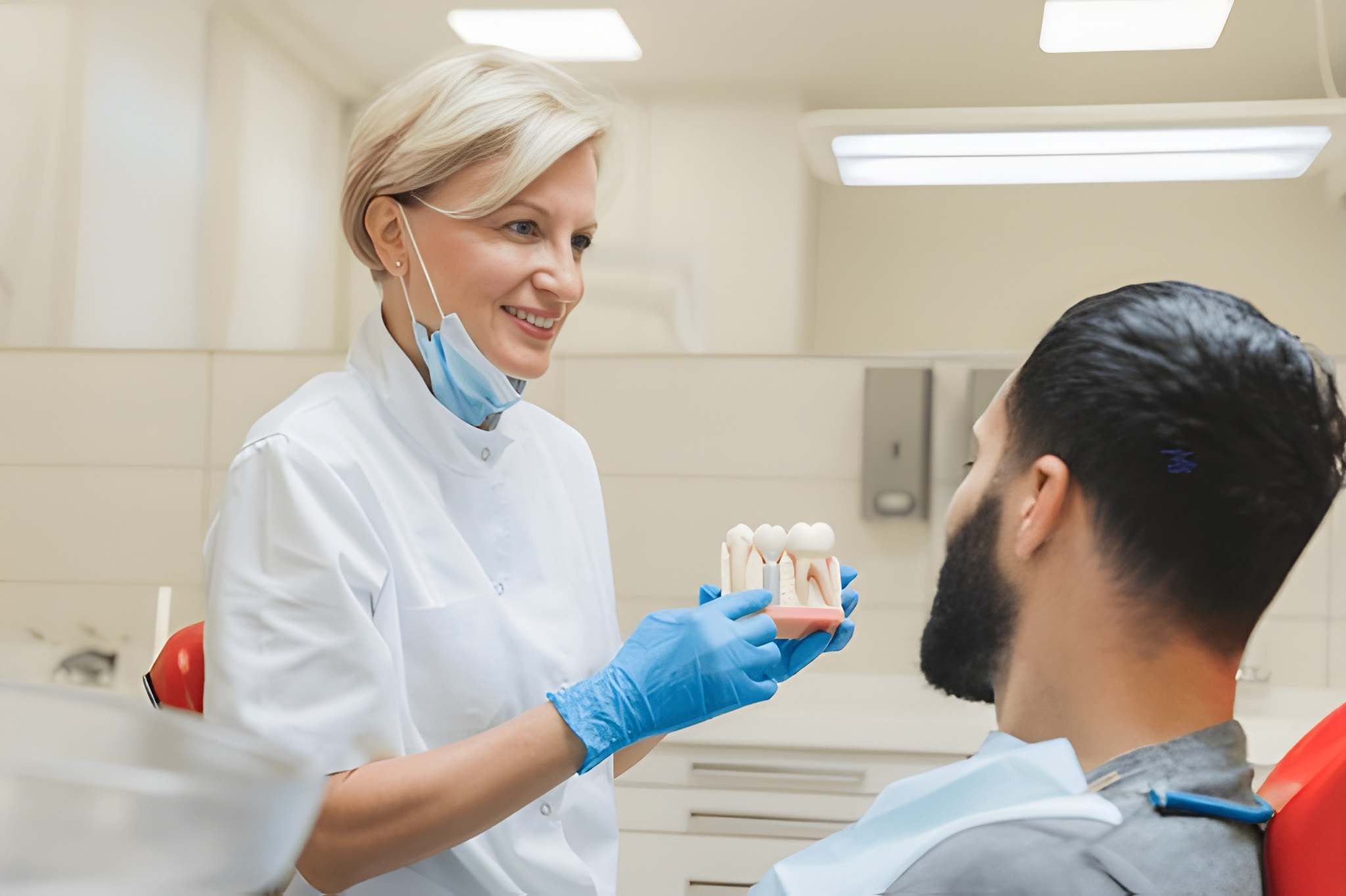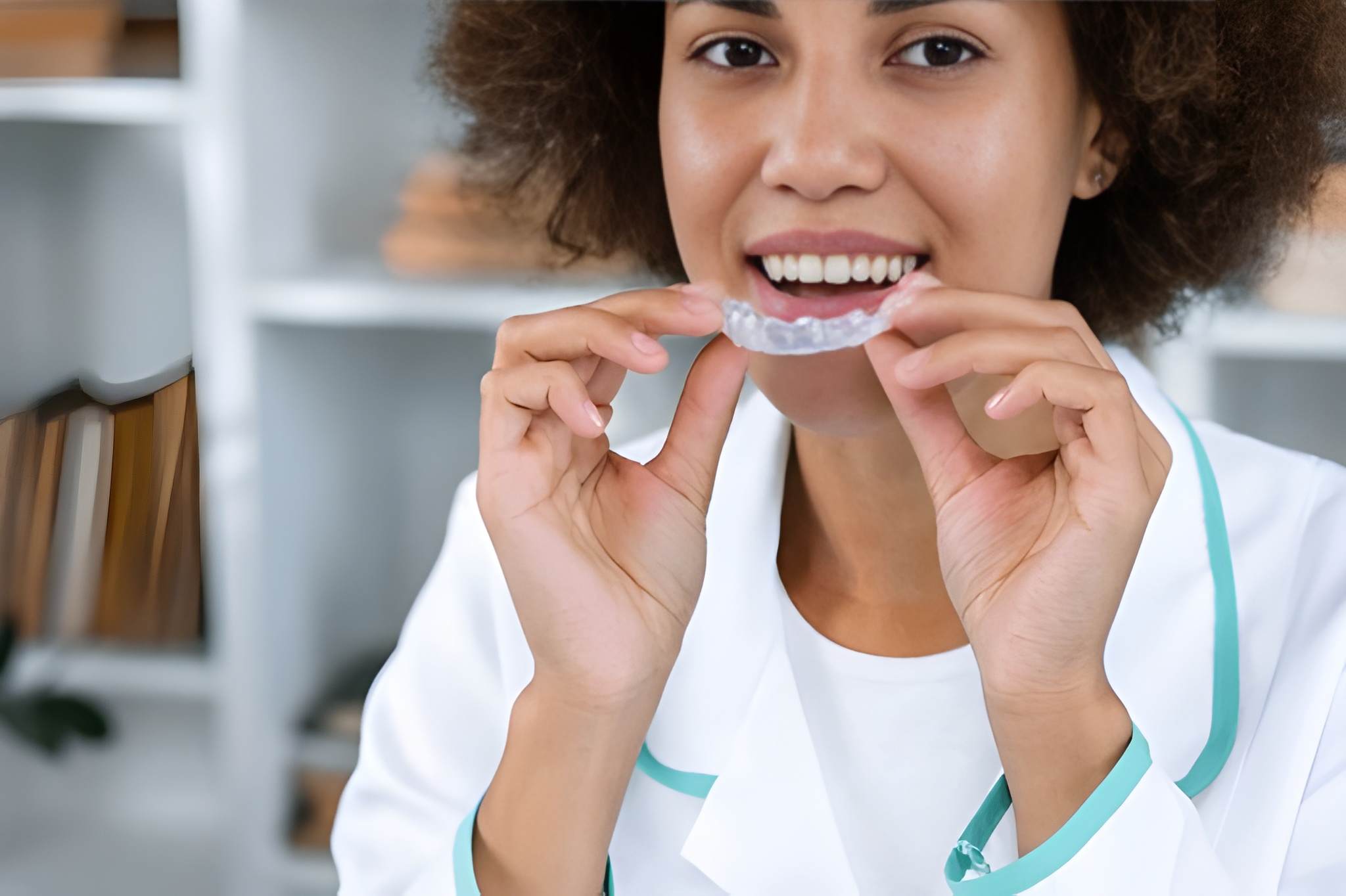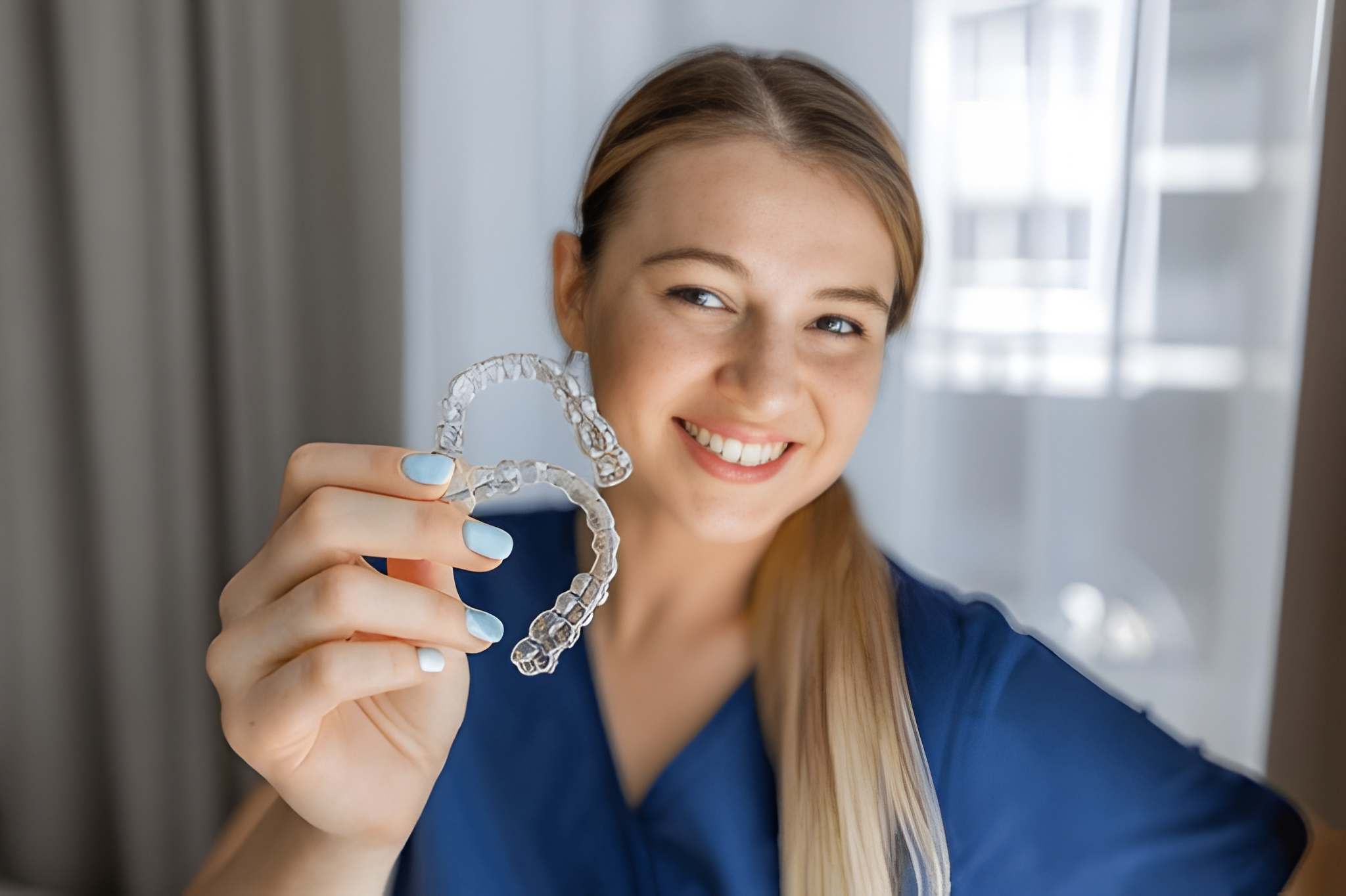Introduction
Can You Whiten Composite Bonding? In the quest for a brighter, more radiant smile, individuals often explore various dental procedures to enhance the color and appearance of their teeth. One common dental treatment is composite bonding, a versatile cosmetic solution that addresses a range of dental issues. But what if you’re yearning for a whiter smile? Can you whiten composite bonding? Let’s delve into the intricacies of this dental query.
Understanding Composite Bonding
Composite bonding is a cosmetic dental procedure that involves the application of a tooth-colored resin material to improve the aesthetics of a tooth. It’s a popular choice for fixing chipped or cracked teeth, closing gaps, reshaping, and even changing the color of teeth. The material bonds with the natural tooth structure, providing a seamless and natural-looking result.
Can You Whiten Composite Bonding?
Exploring the possibilities, it’s essential to understand that composite bonding, being a resin material, may not respond to traditional teeth whitening methods as natural teeth do. However, advancements in dental technology have introduced specialized procedures to address this concern.
Factors affecting whitening
The success of whitening composite bonding depends on factors such as the type of resin used, the severity of discoloration, and the overall oral health of the individual. Consulting with a dentist is crucial to determine the most suitable whitening approach.
The Color Dilemma
Composite bonding materials are known for their versatility and ability to mimic the natural shade of teeth. However, as with any dental material, they may be subject to discoloration over time due to factors like dietary habits, smoking, or aging. This raises the important question: Can you whiten composite bonding once it starts to lose its luster?
The Whiteness Challenge
Unlike natural teeth, composite bonding doesn’t respond to traditional teeth whitening methods as effectively. The reason lies in the composition of the bonding material itself. While natural teeth have pores that absorb whitening agents, the resin used in composite bonding is non-porous and resistant to these agents.
Advantages of Whitening Composite Bonding
Enhancing your smile
Whitening composite bonding can breathe new life into your smile, boosting confidence and leaving you with a radiant, natural-looking result. The procedure is relatively quick and offers immediate results, making it an attractive option for those seeking a swift improvement.
Potential side effects
While whitening composite bonding is generally safe, some individuals may experience temporary tooth sensitivity or gum irritation. Professional supervision ensures a tailored approach, minimizing the risk of adverse reactions.
Professional vs. at-home options
Deciding between professional and at-home whitening options involves weighing the benefits and potential risks. Professional treatments conducted by experienced dentists offer precision and customization, whereas at-home kits provide convenience but may lack personalized guidance.
Options for Enhancing Whiteness
- Polishing: One approach to address slight discoloration is through professional polishing by a dentist. This can help remove surface stains and improve the overall appearance of the composite bonding. However, it may not significantly alter the underlying color.
- Replacement: In cases where the discoloration is severe or the patient desires a more dramatic change, replacing the existing bonding with a whiter shade is an option. This involves removing the old bonding and applying a new, lighter-colored composite material.
- Veneers: Another alternative is considering porcelain veneers. Veneers are thin, custom-made shells that cover the front surface of teeth. They are highly resistant to staining and provide a durable and long-lasting solution for achieving a whiter smile.
Choosing the Right Products
Not all whitening products are created equal. It’s crucial to choose products specifically designed for composite bonding. Understanding the ingredients and their impact on the bonding material is key to achieving a brighter smile without compromising quality.
Consulting with Your Dentist
Before making any decisions, it’s crucial to consult with a dental professional. A dentist can assess the current condition of your composite bonding, discuss your whitening goals, and recommend the most suitable course of action based on your unique dental situation.
DIY Tips for Maintaining Whiteness
Maintaining the whiteness of composite bonding goes beyond professional treatments. Implementing simple home care routines and avoiding certain habits can significantly contribute to the longevity of the whitening effects.
The Future of Composite Bonding
As technology and materials continue to advance, the future of composite bonding looks promising. Innovations in the field may lead to even more durable and stain-resistant options for individuals seeking a long-lasting solution.
Professional Whitening vs. DIY
Pros and cons of each option
Comparing professional and DIY whitening options, it’s essential to weigh the pros and cons. Professional treatments offer expertise and precision, while DIY kits provide convenience but may lack personalized guidance. Understanding these factors helps individuals make informed decisions.
Conclusion
While traditional teeth whitening methods may not be as effective on composite bonding, there are still options available to enhance the whiteness of your smile. Whether through polishing, replacement, or exploring alternatives like veneers, the key is to work closely with your dentist to achieve the best results. With advancements in dental technology, attaining a brighter and more radiant smile, even with composite bonding, is within reach for those willing to explore the possibilities.
FAQs
Can You Whiten Composite Bonding at Home?
Yes, certain at-home whitening kits are designed for composite bonding. However, professional guidance ensures optimal results and minimizes risks.
Is Whitening Composite Bonding Permanent?
While the effects are long-lasting, they may not be permanent. Factors like oral hygiene and lifestyle choices influence the duration of the whitening results.
Does Whitening Composite Bonding Damage the Teeth?
When conducted by professionals, whitening composite bonding is a safe procedure. It involves minimal risks and is designed to enhance the aesthetics of your smile.
Can You Whiten Old Composite Bonding?
The success of whitening old composite bonding depends on its condition. Consulting with a dentist is advisable for personalized recommendations.
How Long Does Whitening Composite Bonding Take?
The duration varies based on the chosen method. Professional treatments typically yield quicker results compared to at-home options.
Are There Natural Alternatives to Whitening Composite Bonding?
While natural alternatives exist, their efficacy may vary. Consulting with a dentist helps determine the most suitable approach for your specific needs.





